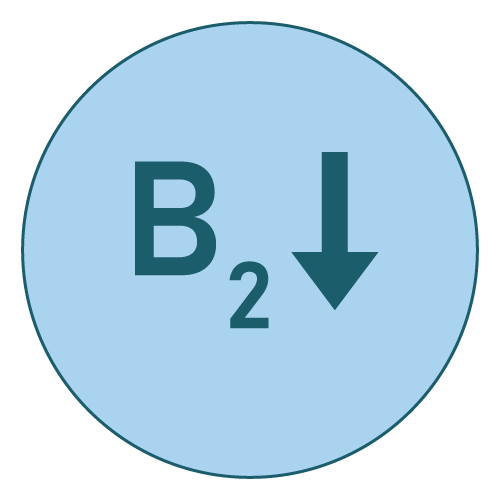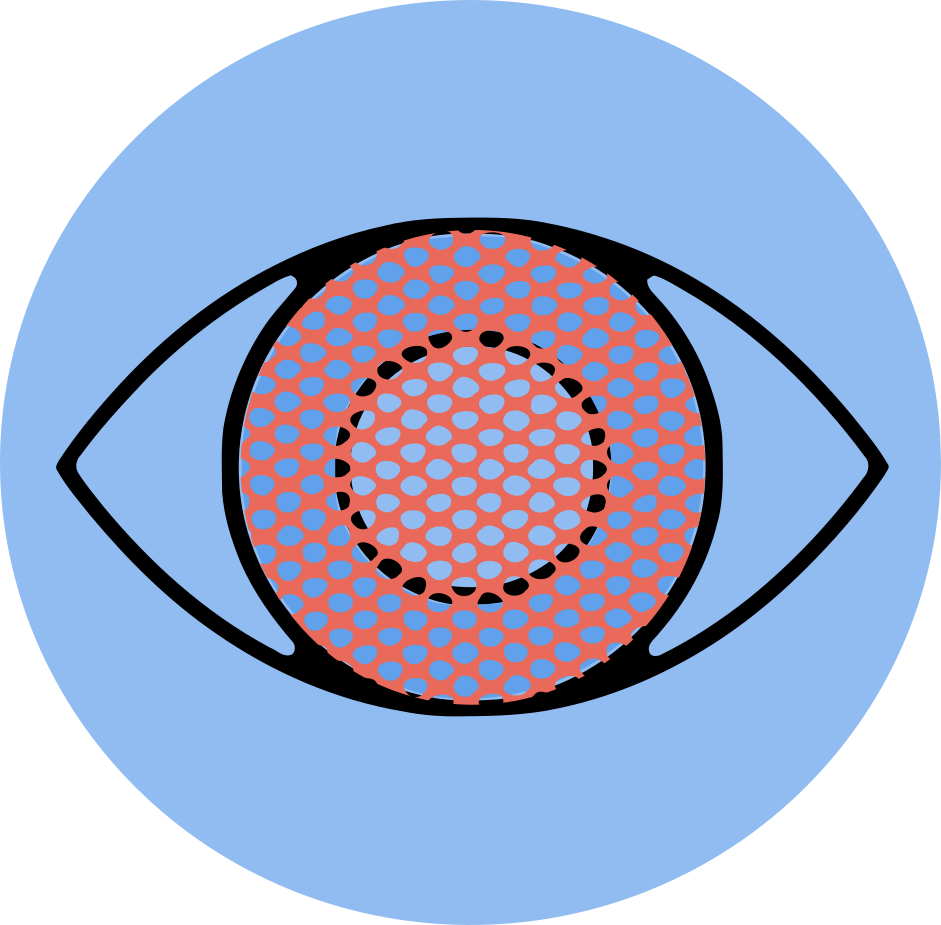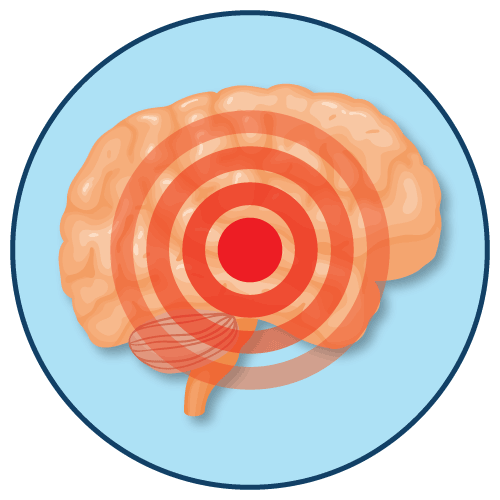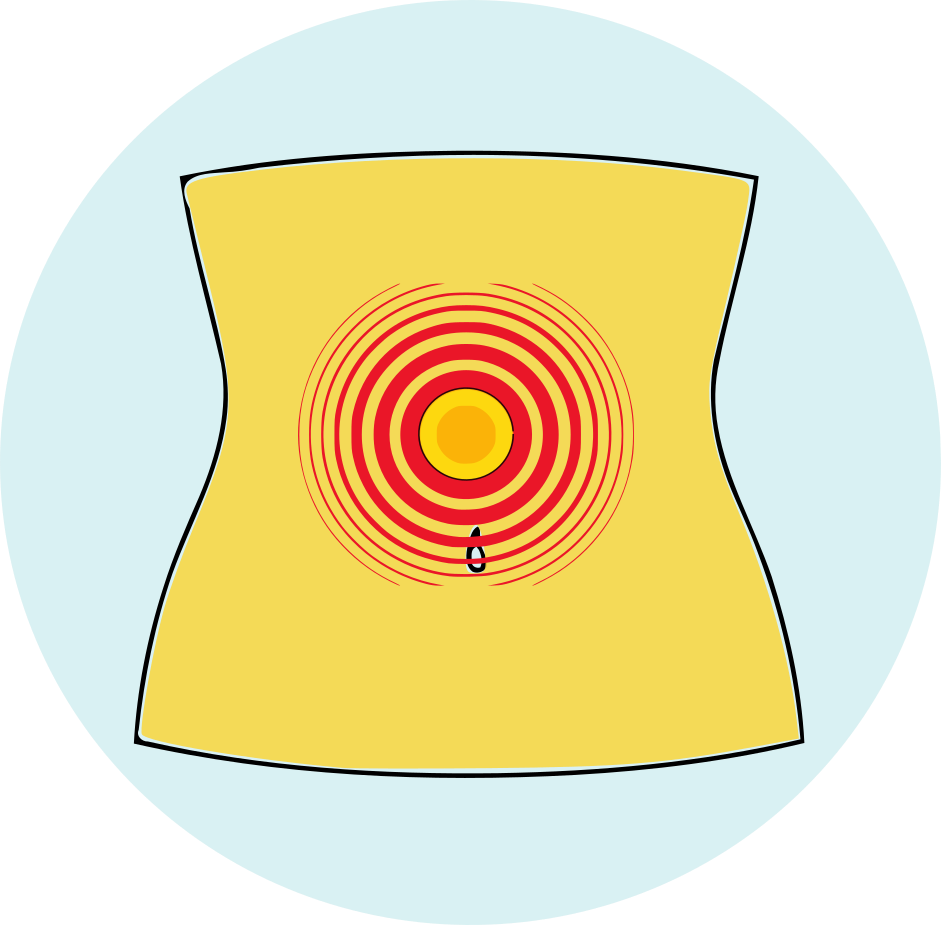| Name | Riboflavin |
| Classes |
Dermatological/Topical Agent Nutritional Supplement Vitamin Ophthalmic Preparation |
| Diseases |
Fatigue Malnutrition Numbness Sore Visual Change Vitamin B Complex Deficiency |
Riboflavin
Riboflavin, also known as vitamin B2, acts in conjunction with the other B vitamins. It is necessary for the development of the body. It aids in the formation of red blood cells. It also assists in the energy release from proteins. Riboflavin aids in the conversion of carbohydrates to adenosine triphosphate (ATP).
- Riboflavin preparations are indicated for riboflavin deficiency that may manifest as skin disorders, hyperemia (excess blood) and edema of the mouth and throat, angular stomatitis (lesions at the corners of the mouth), cheilosis (swollen, cracked lips), hair loss, reproductive problems, sore throat and more.
- It is also indicated as ophthalmic drops for the prevention of cataracts.
- Migraine
- Riboflavin deficiency in adults: 5-30 mg of riboflavin daily in divided doses.
- Migraine: 400 mg of riboflavin per day.
- Prevention of cataracts: 2.6 mg of riboflavin (Vitamin B2).
Riboflavin preparations are generally well tolerated and rarely causes any side effects. In some people, the urine may turn orange. In case of overdosage, the following side effects may appear.
- Diarrhea
- Abdominal pain
Riboflavin is a safe medication. No precautions are to be followed.
Contraindication
Contraindicated in patients hypersensitive to any component of the formulation.
There is no known contraindications of the preparation in terms of food and drinks.
There is no known contraindications of the preparation in terms of health condition.
 Bangla
Bangla English
English



